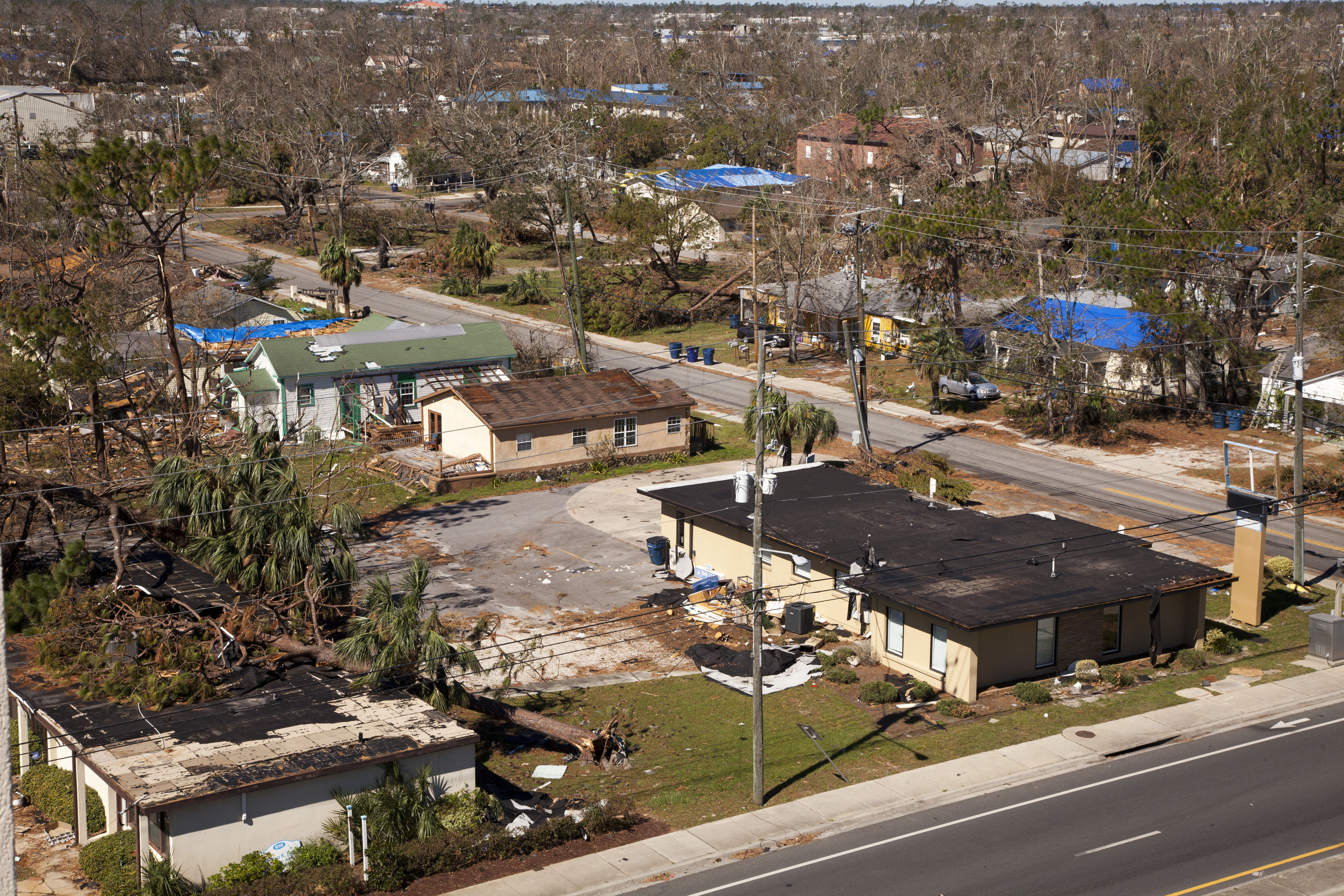A Newsletter for FL BRACE Partners, Collaborators & Stakeholders August 2020
|
|
Don't Miss the Next Webinar in our 2020 Series
Topic: Climate Change & Variability in Florida - What We Know (and Don't Know)
Date and Time: Wednesday, August 12 at 11AM (ET)
Presented by David Zierden, State Climatologist of Florida
David Zierden will review global trends in increasing greenhouse gas concentrations and how they are impacting the global climate system before narrowing the focus on how these trends are manifested in the state of Florida. Special attention will be placed on how climate and weather threats, especially as related to human health, may or may not be changing. The primary threats that will be examined are hurricanes, extreme rainfall and drought, sea level rise, and extreme temperatures. Not to be ignored is the background of Florida's historical climate and natural variability, much of which can be related to the El Niño/La Niña cycle.
You can join the webinar from your computer, tablet or smartphone
You can also dial in using your phone.
United States: +1 (408) 650-3123
Access Code: 522-948-533
New to GoToMeeting? Get the app now and be ready when your first meeting starts.
|
|
Study how Hurricane Michael and subsequent environmental exposures may have influenced newborn health and well-being
 Hurricane Michael came ashore on the Florida Panhandle on October 10, 2018, causing widespread property destruction, storm surge, power outages, and coastal erosion. The storm had rapidly intensified, increasing from a category 2 to a powerful category 5 storm in 24 hours, which limited evacuation time. Pregnant women and newborn infants may be especially vulnerable to the physical and psychological effects of the disaster. For example, infants may be born prematurely and/or at a lower birth weight, which can have lifelong health consequences. Hurricane Michael came ashore on the Florida Panhandle on October 10, 2018, causing widespread property destruction, storm surge, power outages, and coastal erosion. The storm had rapidly intensified, increasing from a category 2 to a powerful category 5 storm in 24 hours, which limited evacuation time. Pregnant women and newborn infants may be especially vulnerable to the physical and psychological effects of the disaster. For example, infants may be born prematurely and/or at a lower birth weight, which can have lifelong health consequences.
Tulane University, the Florida Department of Health, and FL BRACE Investigator Dr. Chris Uejio are studying how Hurricane Michael and subsequent environmental exposures may have influenced newborn health and well-being. This interdisciplinary collaboration involves researchers and practitioners with expertise in public health, medicine, microbiology, geography, and earth science. Key parts of the project include: 1) Examining changes in newborn health in the year before and after the hurricane's landfall, 2) Using satellite based observations to quantify the extent of infrastructure damage, and 3) Relating blue green algae water quality observations to city service complaints.
|
|
PUBLICATIONS AND RESOURCES
COVID-19 Disaster Shelter Interim Guidance The CDC has released interim guidance to reduce the risk of introducing and transmitting COVID-19 in general population disaster shelters before, during, or after a disaster. It includes guidance for isolation areas, food service, cleaning and disinfection, and special considerations for children.
Preparing for the Regional Health Impacts of Climate Change in the United StatesEach region of the United States experiences climate change and its impacts on health differently. CDC's new document, Preparing for the Regional Health Impacts of Climate Change in the United States, describes the various health impacts climate change will have on different regions of the United States, actions taken by the CDC Climate and Health Program's health department partners to prepare for and respond to climate change in their communities, and relevant tools and resources.
On the Front Lines: Climate Change Threatens the Health of America's WorkersTo better understand the scope and scale of the dangers climate change poses to occupational health and safety, the NRDC has published On the Front Lines: Climate Change Threatens the Health of America's Workers.The report reviews the latest evidence documenting how climate change is threatening the health and safety of workers, identifies research needs, and offers a series of federal policy recommendations to protect workers in an increasingly climate-disrupted world.
|
FL BRACE COMMUNITY ADVISORY GROUP (CAG)Individuals and organizations in the community serving vulnerable populations
FL BRACE is working to create and strengthen relationships with agencies or organizations who serve vulnerable populations -- including, but not limited to, lower income households, social service organizations, churches, the homeless, older adults (age ≥ 65), and people with preexisting conditions. So if you or someone you know represents an agency or organization whose work with vulnerable populations would benefit from timely heath and climate information, please encourage them to join our Community Advisory Group (CAG) by contacting FL BRACE.
|
|
|
FL BRACE CONTACTS
Dr. Chris Uejio (Principal/Lead Investigator), Department of Geography, Florida State University
Dr. Tisha Holmes, (co-PI) Department of Urban and Regional Planning, Florida State University
| Dr. Emily Powell, FSU Center for Ocean-Atmospheric Prediction Studies and the Florida Climate Center
Tracy Ippolito (Project Manager), FSU Center for Ocean-Atmospheric Prediction Studies
| David Zierden, Florida Climate Center
Yoonjung Ahn, PhD Student
Department of Geography, Florida State University
|
STAY CONNECTED WITH FLORIDA BRACE  
|
|
|
|
|